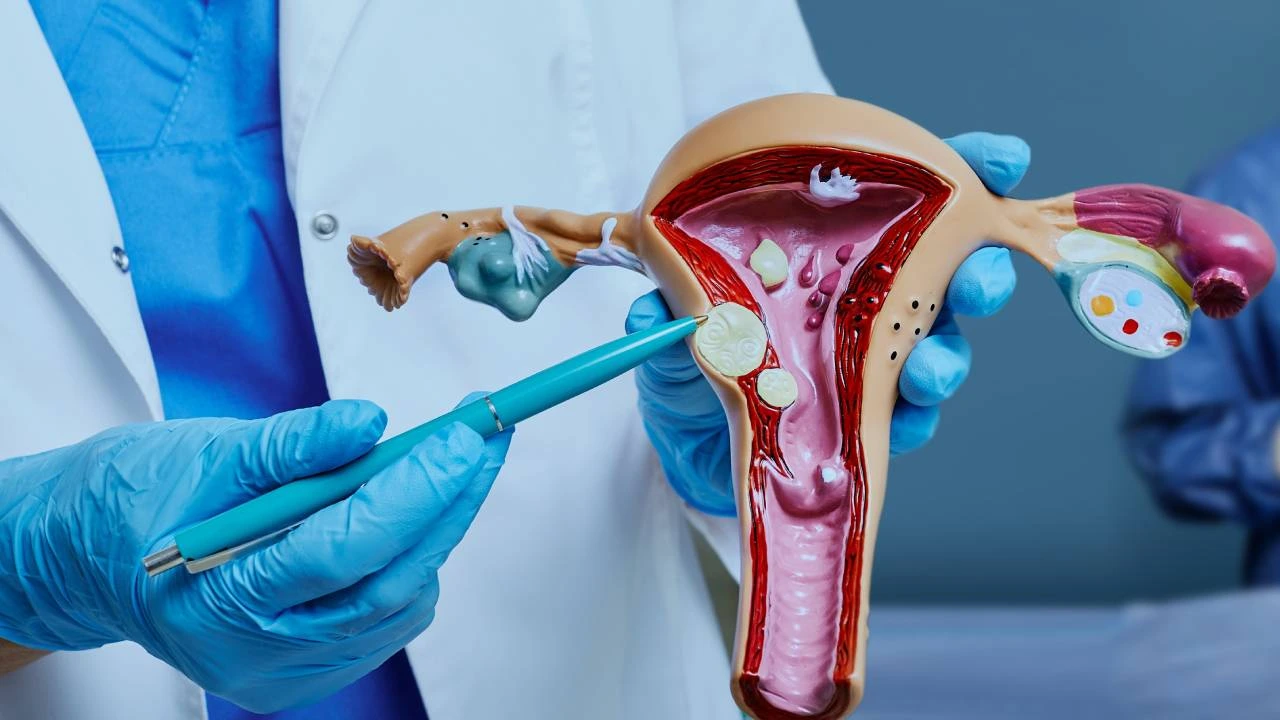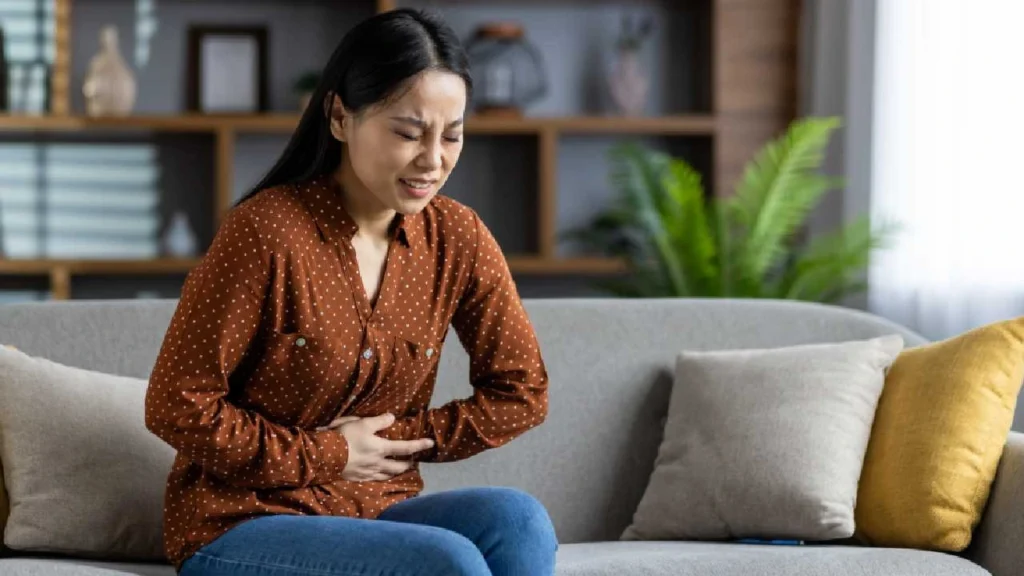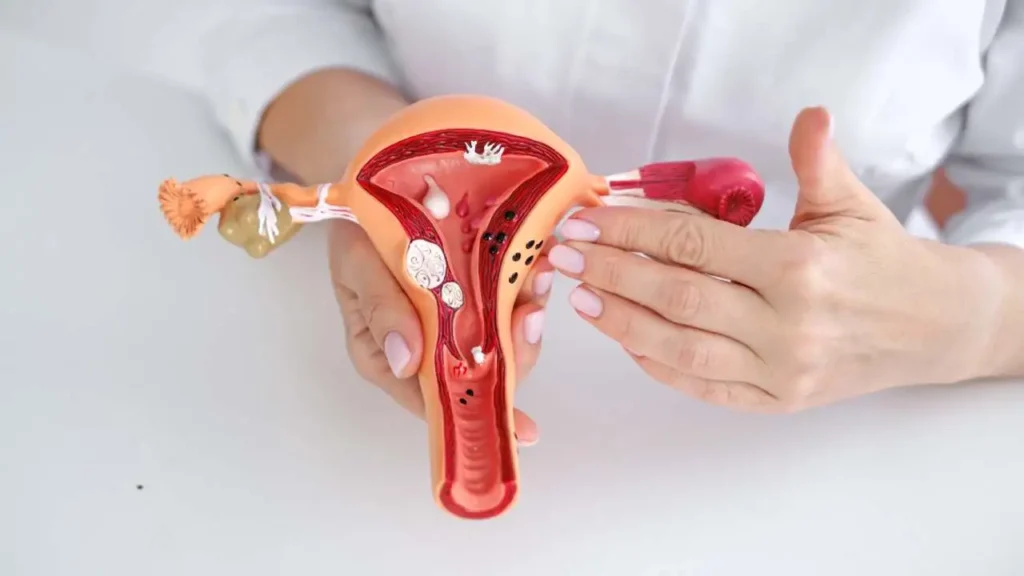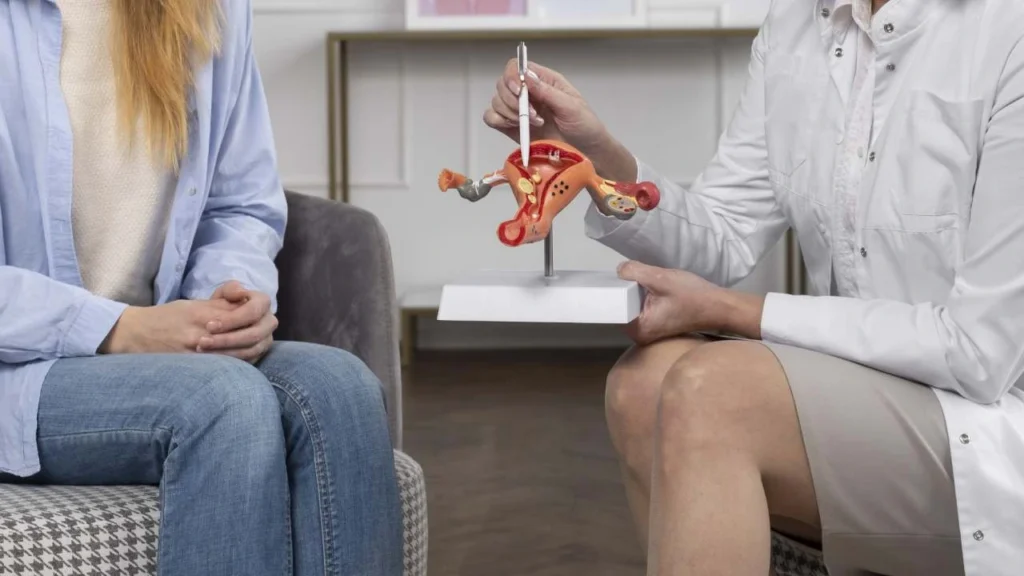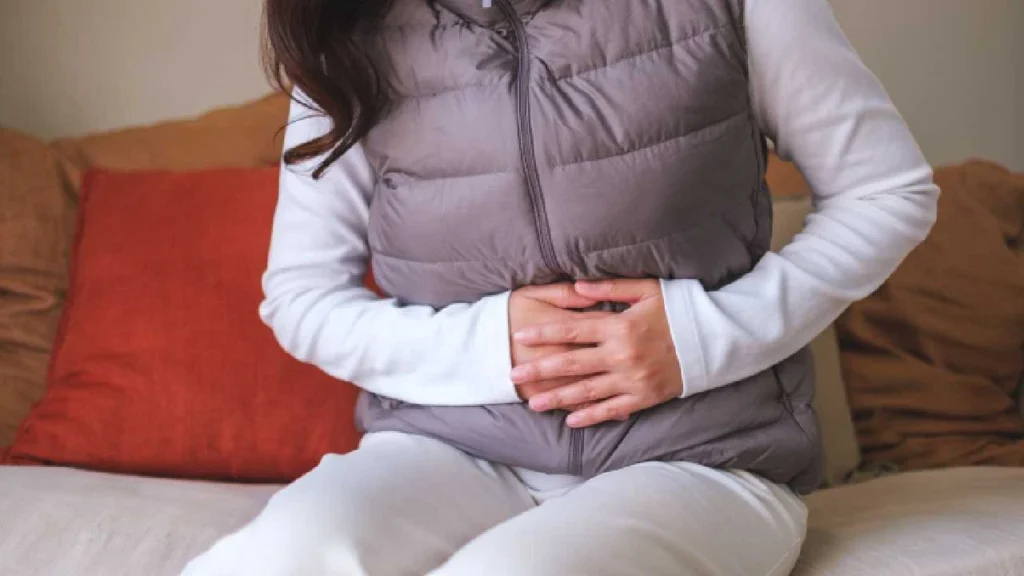What Are Uterine Fibroids?
What exactly are uterine fibroids? In simple terms, they’re non-cancerous growths that form in or on the uterus, usually made up of muscle and connective tissue. They can range in size from a seed to a grapefruit and affect as many as 8 out of 10 women by the time they reach age 50.
While many uterine fibroids cause no noticeable issues, others can lead to significant pain, pressure, and bleeding. Uterine fibroids can grow inside the uterus, within its wall, or on its outer surface. Their size and number vary from person to person. Some women have just one fibroid, while others may develop several at once.
Fibroids in the uterus can seriously impact your daily life, especially when they cause symptoms. So, what should you watch for?
- Heavy or prolonged menstrual bleeding
- Pelvic pain or pressure
- Frequent urination or difficulty emptying the bladder
- Pain during intercourse
- Constipation or bloating
- Lower back pain
- Difficulty getting pregnant
What Are the Main Causes of Uterine Fibroids?
Fibroids don’t develop for just one reason—a combination of hormones, genetics, and environmental factors play a role. Below are the three leading causes of uterine fibroids.
1. Hormonal Imbalances
One of the most well-established causes of fibroids is hormonal imbalance, particularly involving estrogen and progesterone. These two hormones stimulate the uterine lining each month and can also promote the growth of fibroids.
During reproductive years, estrogen levels are highest, which is also when fibroids are most likely to form or grow. They often shrink after menopause when estrogen declines. Hormone-based birth control and pregnancy can also influence fibroid behavior, worsening or temporarily improving symptoms. If you’re in your 30s or 40s and experiencing heavy periods or pelvic pressure, hormone-sensitive fibroids may be the reason.
2. Genetic Predisposition
Fibroids often run in families. If your mother, sister, or grandmother had fibroids in the uterus, your chances of developing them are higher. Some fibroids exhibit specific genetic mutations, particularly in the MED12 gene, which plays a crucial role in cell growth and division.
Interestingly, Black women are 2 to 3 times more likely to develop uterine fibroids, and they tend to grow larger and earlier than in other populations. While genes don’t guarantee you’ll get fibroids, they do raise your risk significantly. If you have a family history of fibroids and are experiencing unusual symptoms, it’s worth getting evaluated.
3. Lifestyle and Environmental Factors
Diet, stress, and exposure to certain environmental chemicals may also contribute to fibroids in the uterus. For example:
- Diets high in red meat and low in fruits and vegetables are linked to a greater risk.
- Obesity and insulin resistance may trigger fibroid growth.
- Endocrine-disrupting chemicals, like BPA, might also affect fibroid development.
On the other hand, some studies suggest that regular exercise, a balanced diet, and vitamin D may offer some protective effects. While you can’t control your genes, you can take small lifestyle steps that may help reduce fibroid severity or growth rate.
Determine if You Have Uterine Fibroids
Uterine fibroids are extremely common, yet every woman’s experience is different. While some live symptom-free, others may struggle with pain, pressure, or fertility issues. Understanding the leading causes, hormones, genetics, and environment can help you take charge of your health and explore the most suitable fibroid treatment options.
At Fibroid Pain Center, we focus on non-surgical and minimally invasive care to preserve your uterus and help you live a pain-free life. Whether you’re newly diagnosed or searching for alternative treatment options, contact us to explore your uterine fibroid treatments.
FAQs
Can Uterine Fibroids Turn Into Cancer?
No, uterine fibroids are almost always benign. Less than 1 in 1,000 fibroids become cancerous. However, rapid growth or unusual imaging results may require closer evaluation by your doctor.
Do Fibroids Affect Fertility?
Yes, some fibroids, especially those inside the uterine cavity, can interfere with conception or cause pregnancy complications. If you’re trying to get pregnant and have fibroids, it’s best to consult a fibroid specialist to explore your options.
Will Fibroids Go Away On Their Own?
Fibroids usually don’t go away without treatment, but they often shrink after menopause due to declining hormone levels. If your symptoms are mild, your fibroid expert may recommend monitoring them over time.
How Are Fibroids Diagnosed?
You’ll likely undergo a pelvic exam followed by imaging like an ultrasound or an MRI. These tests help determine the number, size, and location of the fibroids in your uterus.
Is Surgery Always Necessary?
Not at all. Many patients find relief through uterine fibroid embolization (UFE). At Fibroid Pain Center, we offer non-surgical treatments to shrink fibroids and preserve your uterus.

